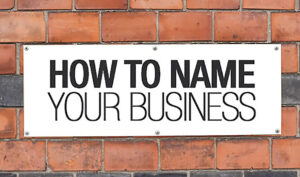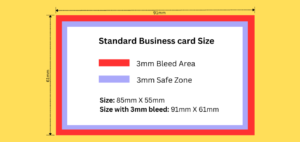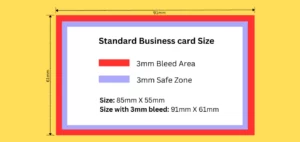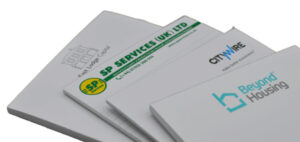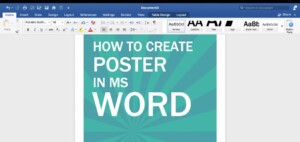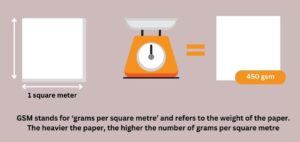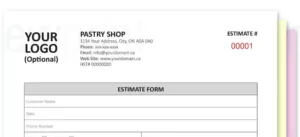Paperback or Hardcover?
This decision extends beyond mere binding; it’s about tailoring the presentation of your content, understanding your target readers, and optimising budgetary constraints. Whether you’re a debut novelist aspiring to capture readers’ hearts or a business eager to create a memorable corporate history, the format you choose plays a significant role.
This comprehensive guide delves into the pros and cons of each style, arming you with the knowledge to make a decision that aligns with your vision and purpose.
What is a Paperback Book?
A paperback, also referred to as a softcover or softback, is a book with a thin card cover. Paperbacks are lighter and more flexible, making them easier to hold, read, and transport. The manufacturing of these books is cost-effective because of their soft binding.
These books are bound by stitching the inside pages together, which are then glued to the cover. This lightweight and portable nature often makes them a preferred choice for readers on the go.
What is a Hardcover Book?
Hardcover, or hardback, books are characterised by a rigid cover made from thick paperboard, which often comes with a dust jacket on top. These books are more durable than paperbacks and offer better protection against wear and tear.
The inside pages are glued together to form a ‘book block’ and are then attached to a rigid case. Hardcover books are perceived as premium products, often released as special or collector’s editions.
Also Read: Business Card Size & Dimensions Guide UK
Differences Between Paperback and Hardcover Books:
- Price: Hardcovers are generally more expensive than paperbacks. In the UK, hardcovers usually retail from £15-£20, while paperbacks are priced around £8-£10 when first released.
- Durability: Hardcovers, made from thicker materials, offer more durability. They’re less prone to damage, and their rigid structure helps protect the pages inside.
- Convenience: Paperbacks are convenient for those constantly on the move. They’re lighter, making them easy to transport and handle, especially during travel.
- Appearance: Hardcovers, particularly special or collector’s editions, often have unique and enticing designs, which can appeal to book enthusiasts.
- Release Timing: Publishers often release hardcover editions first to capitalise on their higher price. Paperbacks typically follow a few months later.
Types of Paperback and Hardcover Books:
Mass-market paperbacks are smaller versions of regular paperbacks, designed for travel convenience. Hardcover books, on the other hand, can range from special edition novels and premium catalogues to company history books.
Also Read: Flyers Size Guide – Detailed Guide For Flyer Dimensions
Recommendations:
If you’re seeking a premium feel, or if the book is a keepsake, a hardcover is ideal. However, for bulk printing or general reading, paperbacks are cost-effective and practical.
Frequently Asked Questions
Which is better, hardcover or paperback?
It depends on the purpose. Hardcovers are durable and often seen as premium editions, while paperbacks are affordable and portable.
Why is paperback more expensive than hardcover?
Typically, paperbacks are cheaper than hardcovers. However, prices can vary based on printing costs, publisher decisions, and other market factors.
Is hardcover easier to read than paperback?
Reading comfort is subjective. Hardcovers might feel more robust and protective, while paperbacks are lightweight and flexible.
Are hardcover books worth it?
For collectors, special editions, or keepsakes, hardcovers are worth the investment due to their durability and premium feel.
Why do people prefer paperback books?
They’re affordable, lightweight, and easily portable, making them convenient for daily reading and travel.
Do libraries prefer hardcover or paperback?
Libraries often prefer hardcovers due to their durability, given the frequent handling by multiple users.
What are the pros and cons of a paperback book?
Pros: Lightweight, affordable, and portable. Cons: Less durable than hardcovers and can wear out faster.
Why do people prefer hardback books?
They are more durable, often come in special editions, and can be seen as collectibles.
Why do people like hardcover books?
For their durability, premium feel, and aesthetic appeal, especially with unique designs.
Does hardcover last longer?
Yes, hardcovers tend to be more durable and have a longer lifespan than paperbacks.
What makes a book cover attractive?
An appealing design, high-quality imagery, unique typography, and relevant color schemes make a book cover stand out.
What is the advantage of a hard book?
Hardcovers offer durability, a premium feel, protection from wear and tear, and often have distinctive designs for special or collector’s editions.
Also Read: What Is GSM Paper – Complete GSM Paper Guide

